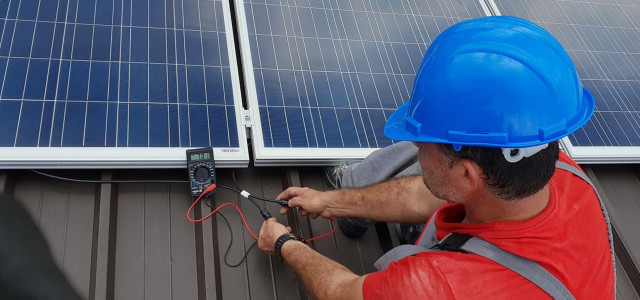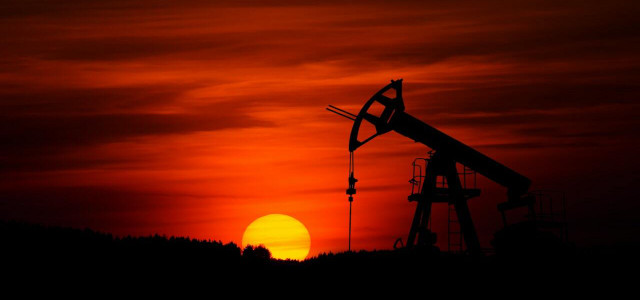Careers in environmental science are incredibly varied, ranging from lab or office work to working in the field. Check out these rewarding potential job choices.
Studying environmental science can open many doors and lead in a lot of different directions. Working in the environmental science industry can be incredibly rewarding, as you feel like you’re making a difference in the world we live in.
Environmental science graduates could work in a laboratory analyzing soil or water samples as an environmental scientist, or out in the field surveying habitats, as an ecologist. An environmental science career can also lead to a career in education, whether as a teacher in a school or leading outdoor sessions for kids in a local forest with an NGO. Another outdoor job is a ranger, they are responsible for the practical conservation of protected areas and work outside in all conditions.
If you’d prefer to stick to the office, there are many desk-based roles in environmental science, such as climate change officers, environmental managers, or advisors for the renewable energy sector. Now is an ideal time to start your career in environmental science, so check out the following thirteen ideas.
1. Ecologist

(Foto: CC0 / Pixabay / nadeemkhan855920)
Ecologists spend a lot of time out in the field surveying the flora and fauna of areas, in all weathers. The data they collect may be used to determine the number of certain species in an area, which could contribute to government planning decisions, or they may assess the number of invasive species in a conservation area, to decide on its management plan.
This job would suit those who love the outdoors, in any season. It is also for those with an eye for detail, as ecologists will need to identify different species of plants and animals — this can mean becoming an expert on grasses or different species of bats, for example.
2. Environmental Technician



(Foto: CC0 / Pixabay / Bokskapet)
In the energy industry, environmental technicians may be involved in monitoring wind or solar energy output or assisting with planning by measuring environmental impact. Field and lab tests may be carried out, as well as report writing and analysis. Work may be carried out at various sites and in the office and environmental technicians will work closely with others such as environmental engineers.
3. Environmental Educator
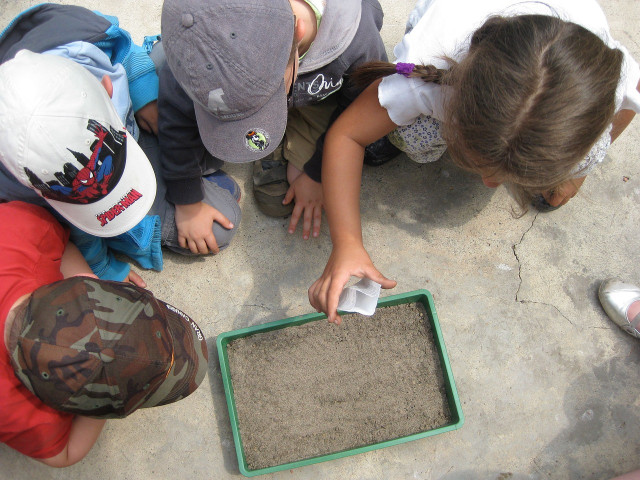


(Foto: CC0 / Pixabay / jeanpierrecokelberghs)
Environmental educators may work for NGOs, private organizations, or the local government. Work involves leading groups of children or adults in sessions in natural areas such as woodlands, parks, rivers, or beaches and teaching about the physical geography or biology of the area.
Group participants may collect data for their studies or to enrich the subject, such as by surveying the plants in a woodland or pond dipping to learn about insect lifecycles.
4. Environmental Scientist
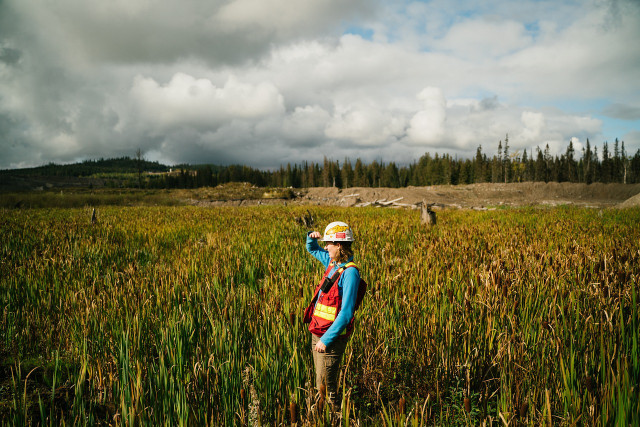


(Foto: CC0 / Pixabay / mountpolley)
This profession involves working to find and eradicate sources of pollution in the community. Some work may be carried out in the field, such as water or soil sampling. Samples will then be analyzed in the lab and reports written up in the office. Environmental scientists may work for a local authority or private consultants and will be expected to have a good eye for detail.
5. Geologist
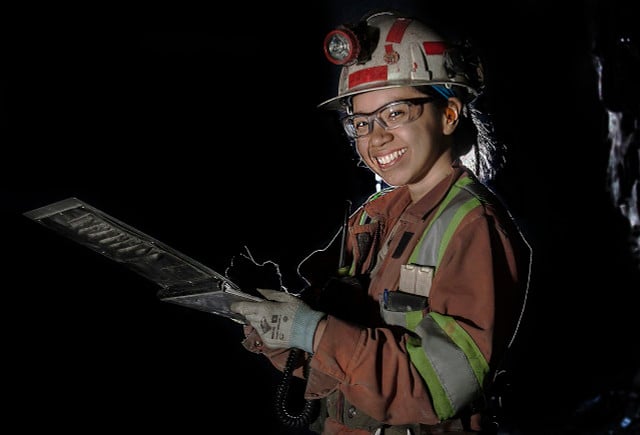


(Foto: CC0 / Pixabay / KevinPalmer13)
Geologists focus on the world of rocks and soils. Some may work in the mining or oil and gas industries and assess areas before work is carried out to determine on the impact on the local area, as well as after work has started to ensure groundwater and soil do not get contaminated.
6. Renewable Energy Consultant
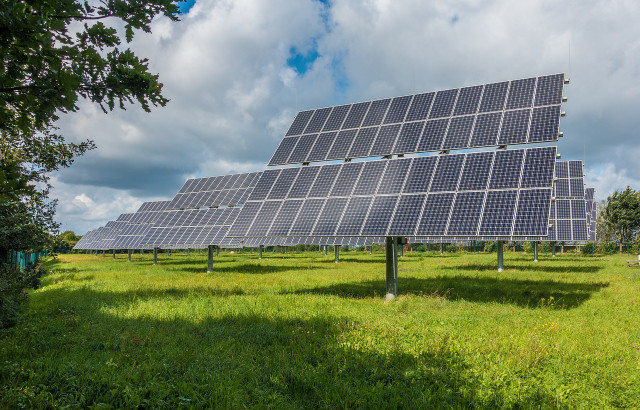


(Foto: CC0 / Pixabay / mrganso)
This job may involve analyzing the renewable energy market to discover new opportunities to assist companies in reducing their energy bills or carbon footprint. Energy consultants will need to be good with numbers and statistics and will be expected to learn how to use various types of software.
7. Teacher



(Foto: CC0 / Pixabay / airunique)
Environmental science graduates can become teachers in environmental science or geography in schools, further training is usually involved, such as getting a master’s degree or a teaching certificate. Some trained teachers may prefer to teach in the field, so may use their experience and choose to follow an environmental education career instead.
Have you ever heard of “intellectual humility“? It’s an important skill, not only but especially in teaching. Find out what it is and how you can foster yours in our guide.
8. Volunteer Coordinator



(Foto: CC0 / Pixabay / 寻雨小鱼)
Most environmental NGOs need volunteers to keep them going and there is often the need for a volunteer coordinator to manage the volunteers. Environmental science graduates may choose this route to start working for their favorite environmental charity and to begin networking with others.
This role involves being a people person, as you will need to communicate with people of all ages and from all backgrounds. It is usually a desk-based job.
You don’t have to engage with the environment professionally in order to do your part. Why not get into environmental activism this year? Environmental Activism: How to Get Involved in 2023
9. Environmental Consultant



(Foto: CC0 / Pixabay / PhotoMIX-Company)
Environmental consultants assist their clients in reducing the environmental impact of their business by setting up systems to reduce environmental damage or pollution and analyzing their energy use, to advise on how to reduce their carbon footprint.
10. Environmental Manager



(Foto: CC0 / Pixabay / borevina)
Environmental managers work within companies to ensure their compliance with environmental laws and regulations. They are responsible for ensuring that the company does not omit any illegal waste or pollution and that staff members follow production guidelines.
11. Environmental Health Officer
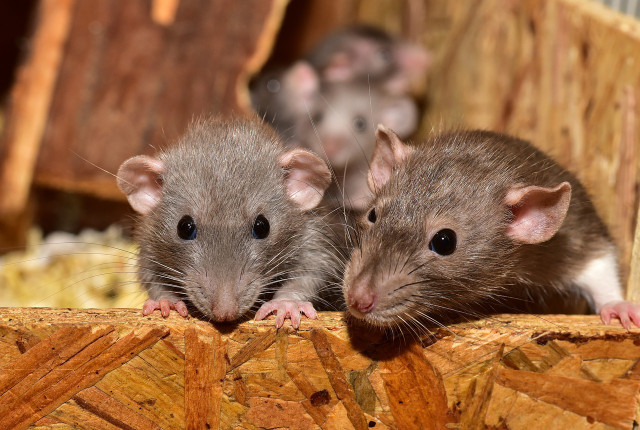


(Foto: CC0 / Pixabay / sipa)
This job involves inspecting public and private businesses to check that they are following environmental health rules, for example visiting a restaurant to check that there is no evidence of rats in the kitchen. They can advise businesses on how to improve, but for repeat offenders, they can give them penalties, for example, the temporary closure of the business.
12. Climate Change Officer
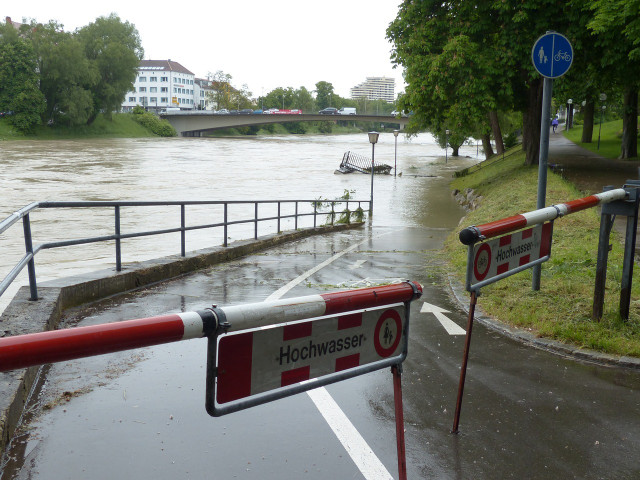


(Foto: CC0 / Pixabay / Hans)
Climate change officers may work for local government or private businesses. They will advise on sustainable development and make business plans for the future of the business, involving how to lower the company’s carbon footprint and also prepare for any problems caused by climate change, such as flooding. Energy management will be a key part of this role, as well as planning and budget management. This is a desk-based role.
13. Ranger
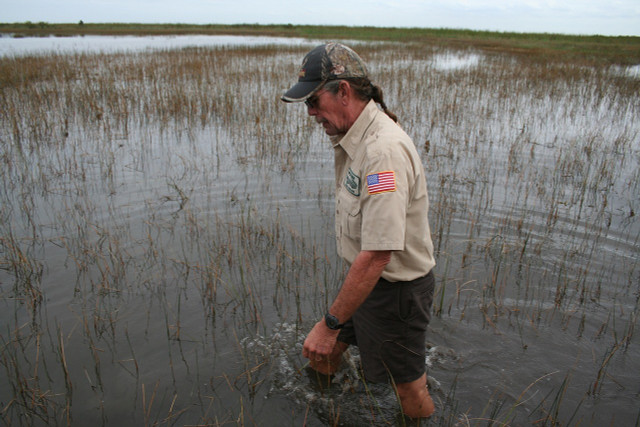


(Foto: CC0 / Pixabay / zopalic)
Rangers work outdoors in national parks and conservation areas. They are responsible for countryside management, such as invasive species removal, coppicing trees, or clearing waterways. Rangers may also get involved with habitat surveys alongside ecologists or biodiversity officers and they will also be expected to interact with visitors.
Rangers may need some practical experience in towing a trailer, using a chainsaw or brushcutter and driving a 4×4. They may be expected to get some certificates or qualifications for these skills and will be expected to work outside in all weathers.
Read more:
- Why You Should Take a Sabbatical From Work
- Here Are the Best Ways to Quit a Job
- 5 Ways to Make Employment Work for You
Do you like this post?






